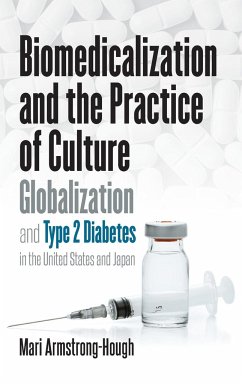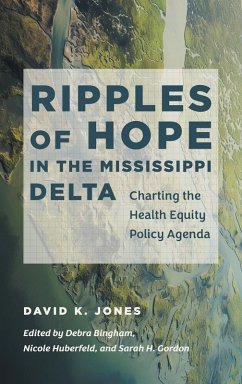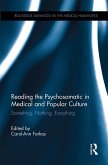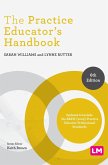Over the last twenty years, type 2 diabetes skyrocketed to the forefront of global public health concern. In this book, Mari Armstrong-Hough examines the rise in and response to the disease in two societies: the United States and Japan. Both societies have faced rising rates of diabetes, but their social and biomedical responses to its ascendance have diverged. To explain the emergence of these distinctive strategies, Armstrong-Hough argues that physicians act not only on increasingly globalized professional standards but also on local knowledge, explanatory models, and cultural toolkits. As a result, strategies for clinical management diverge sharply from one country to another. Armstrong-Hough demonstrates how distinctive practices endure in the midst of intensifying biomedicalization, both on the part of patients and on the part of physicians, and how these differences grow from broader cultural narratives about diabetes in each setting.
Hinweis: Dieser Artikel kann nur an eine deutsche Lieferadresse ausgeliefert werden.
Hinweis: Dieser Artikel kann nur an eine deutsche Lieferadresse ausgeliefert werden.








